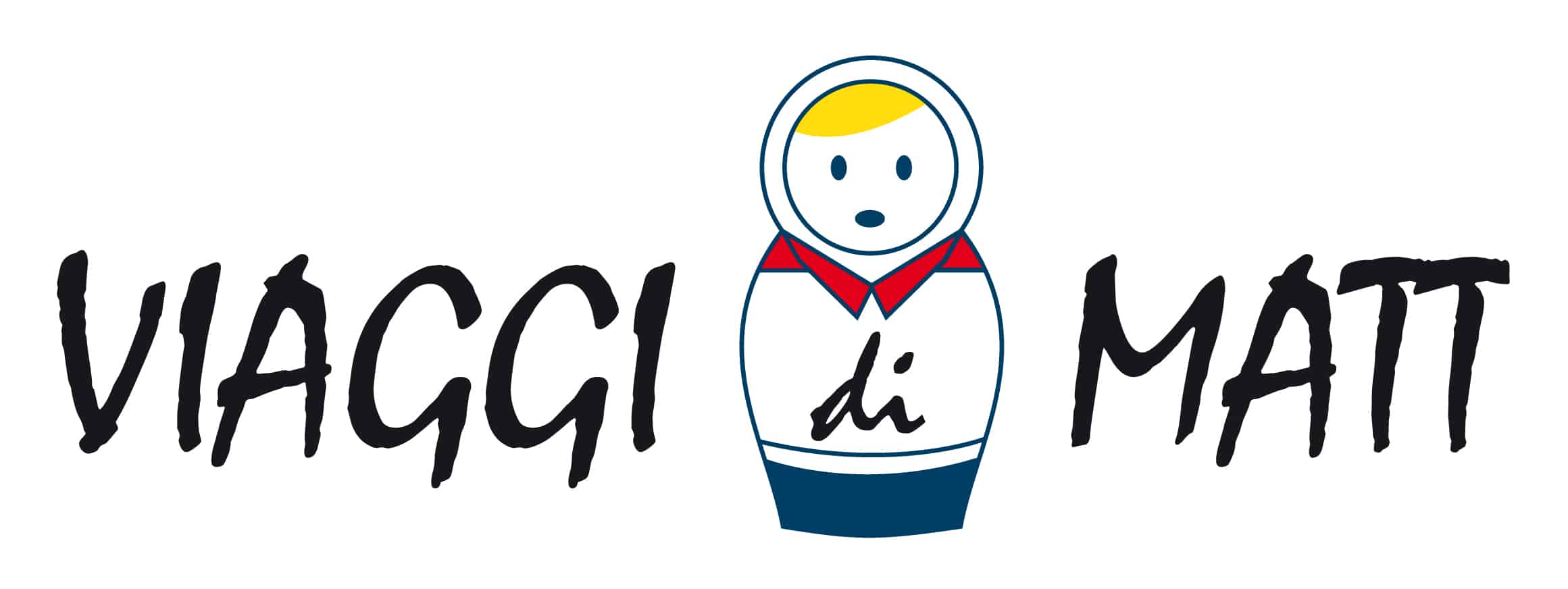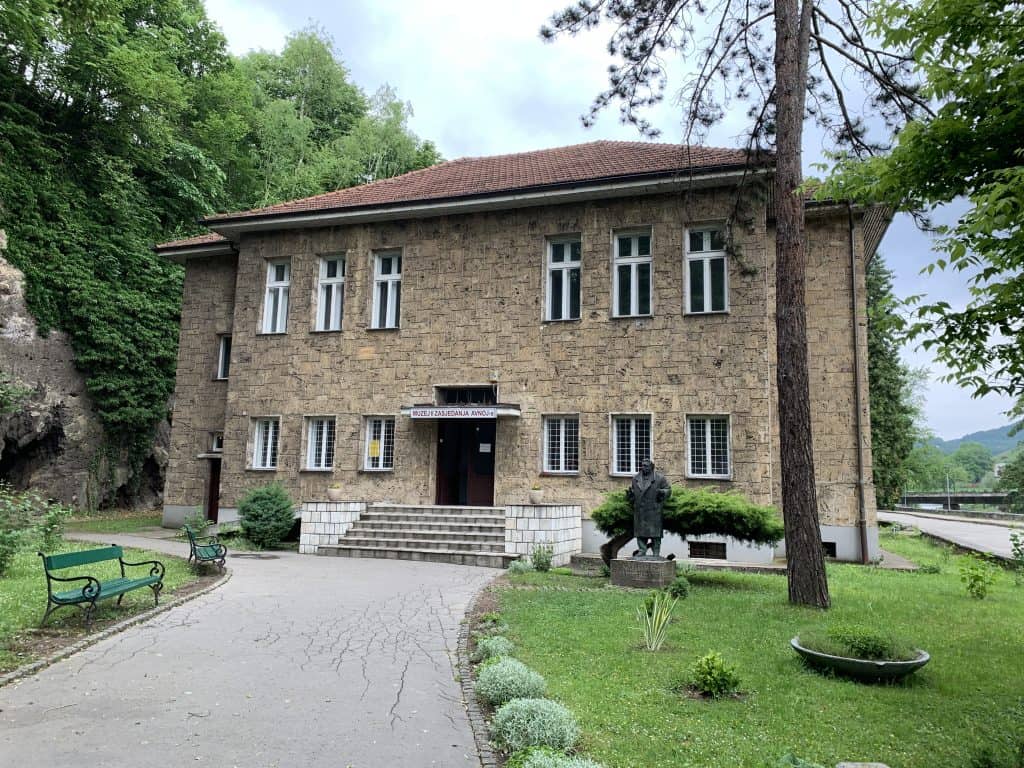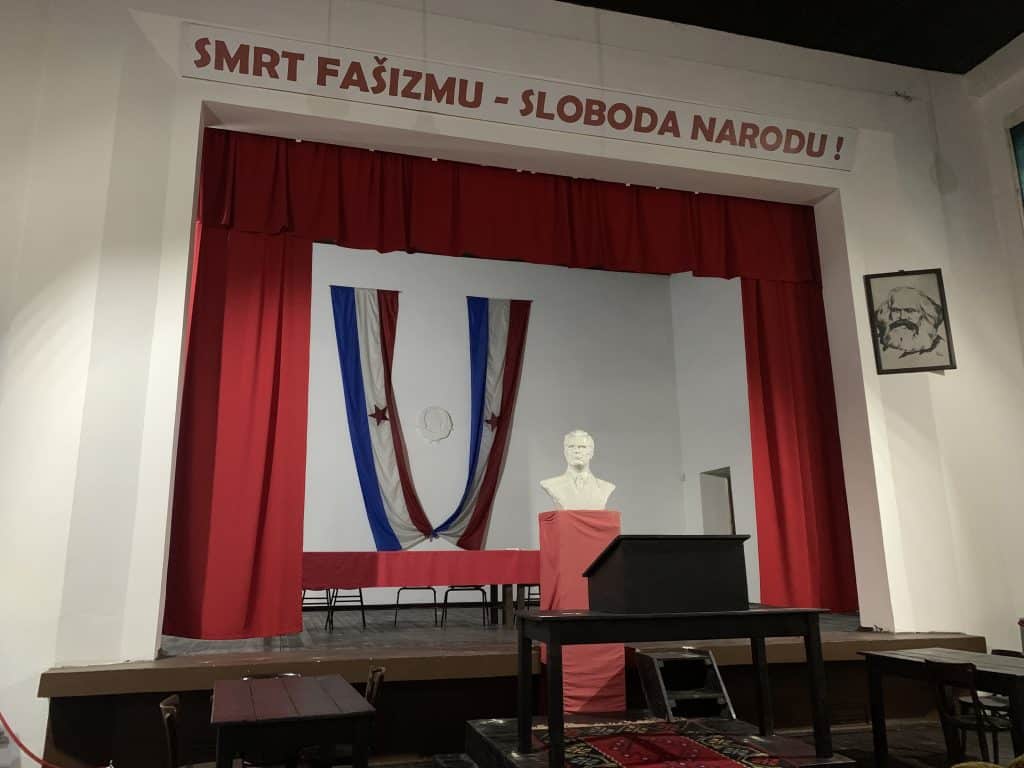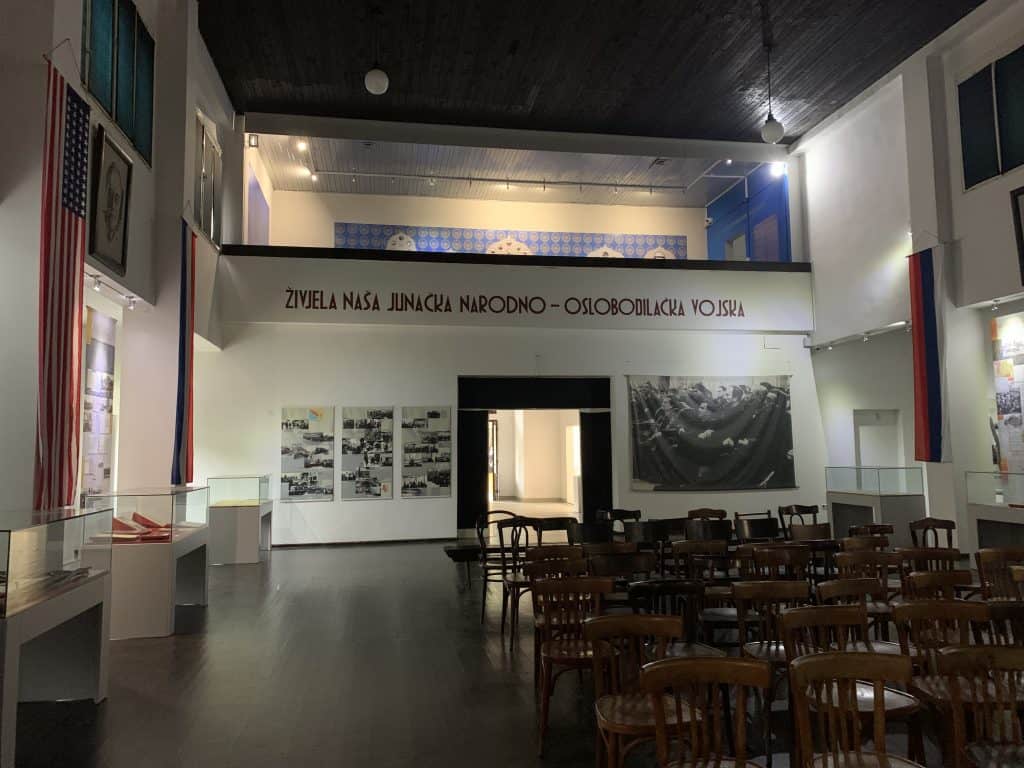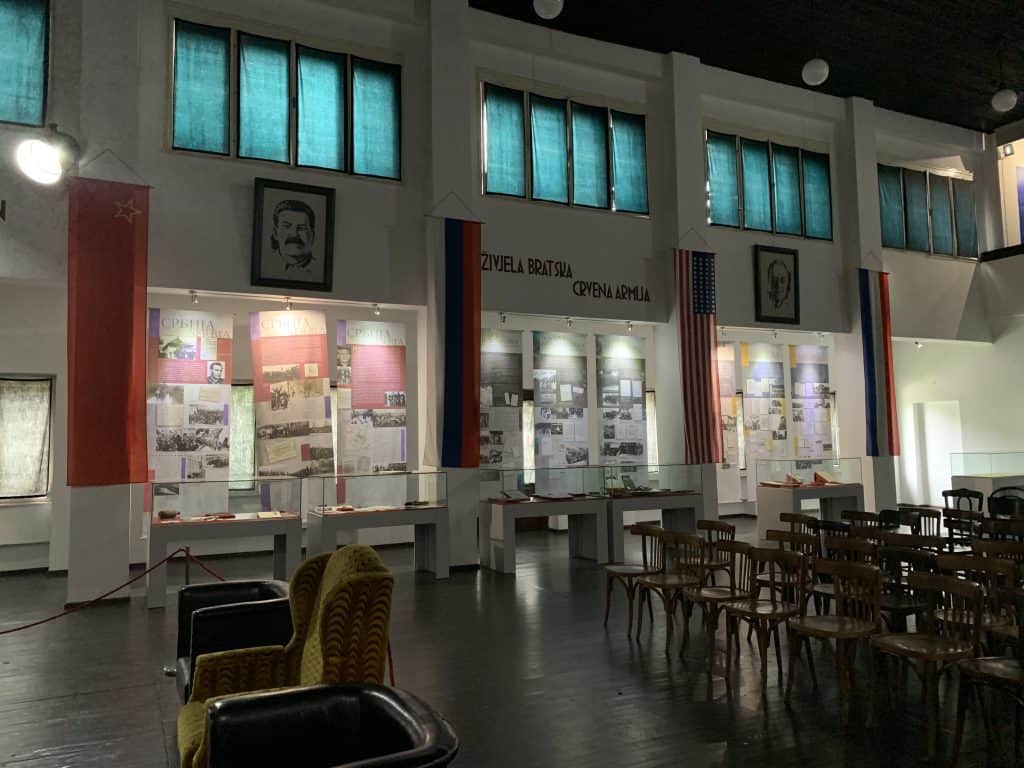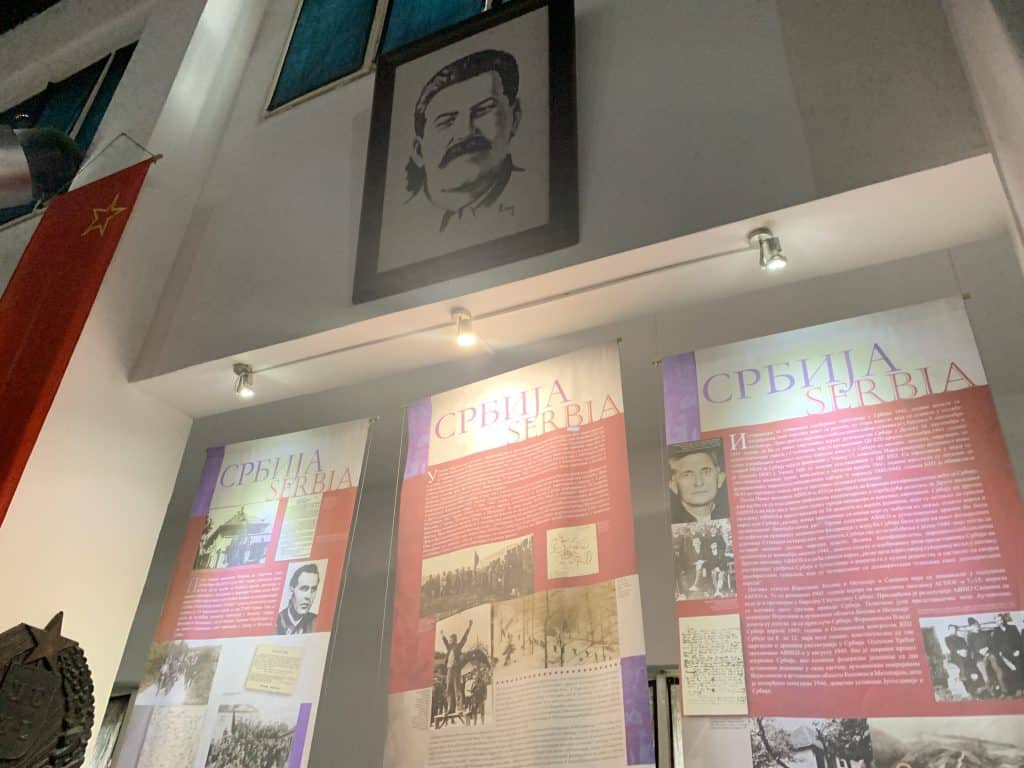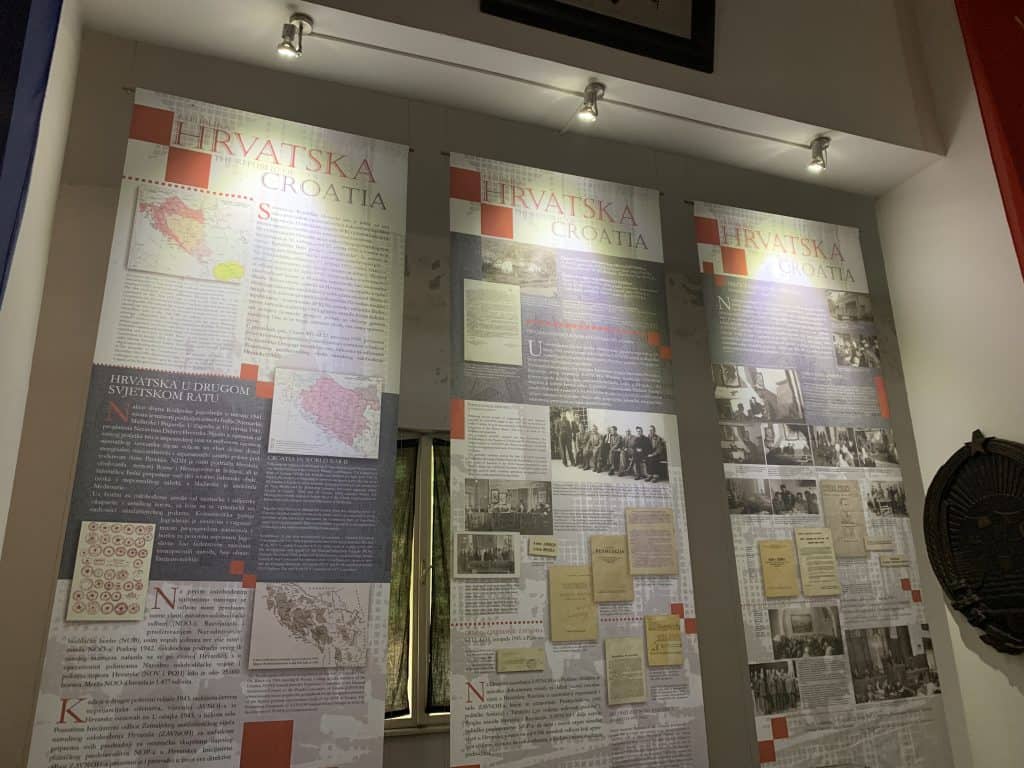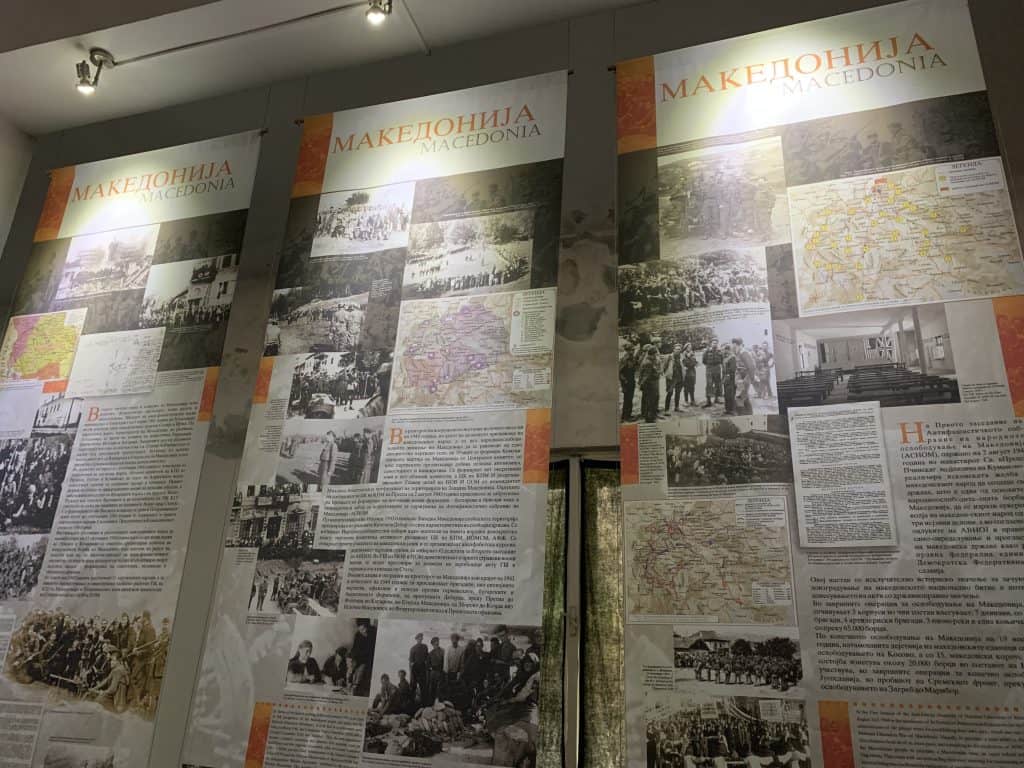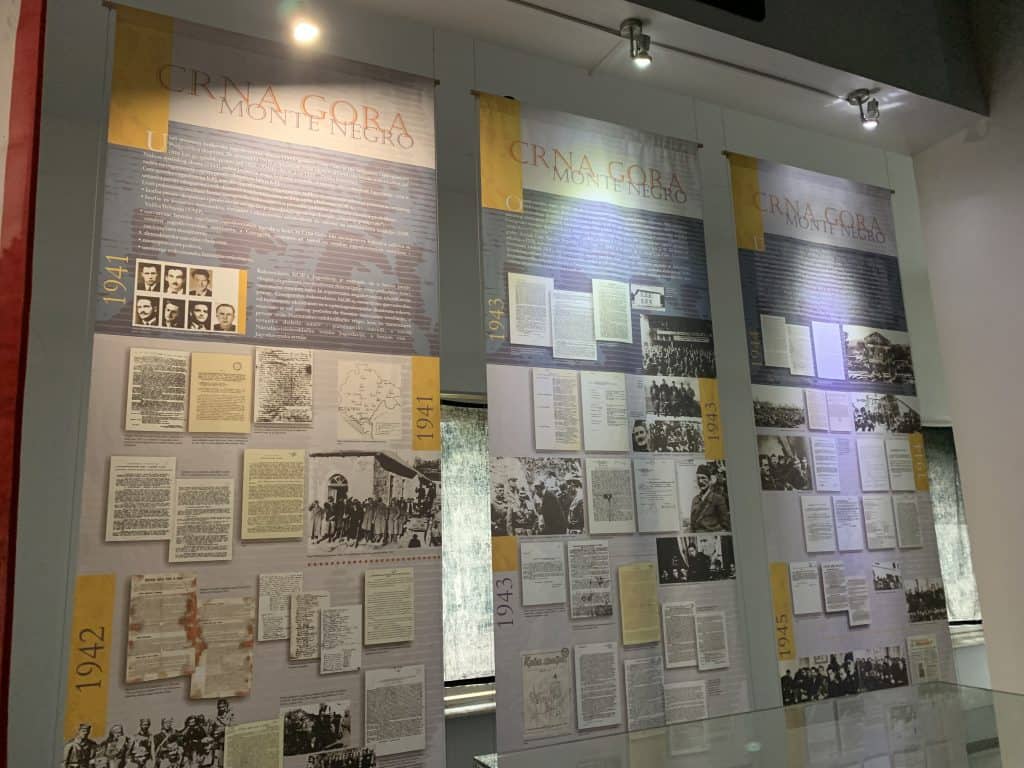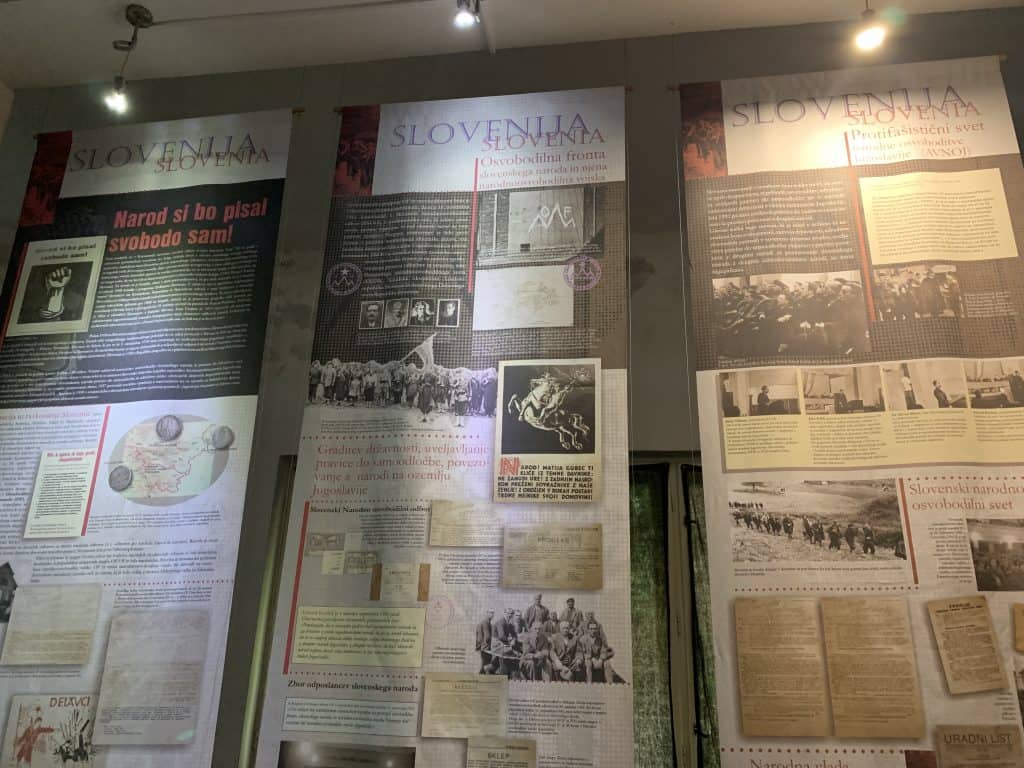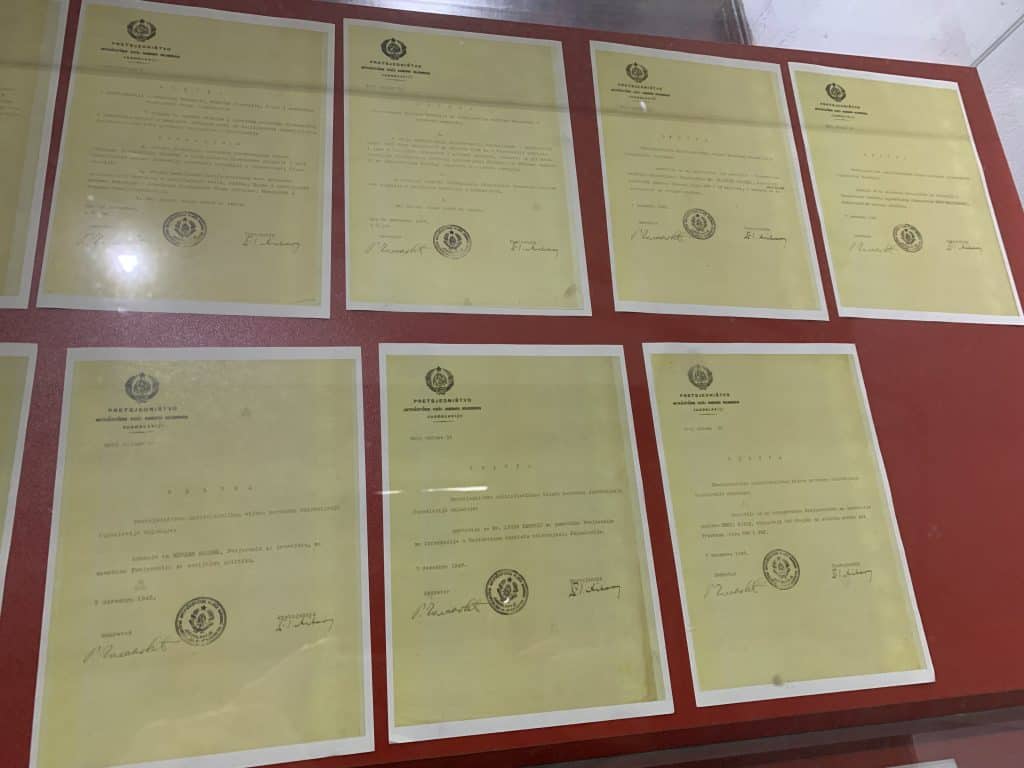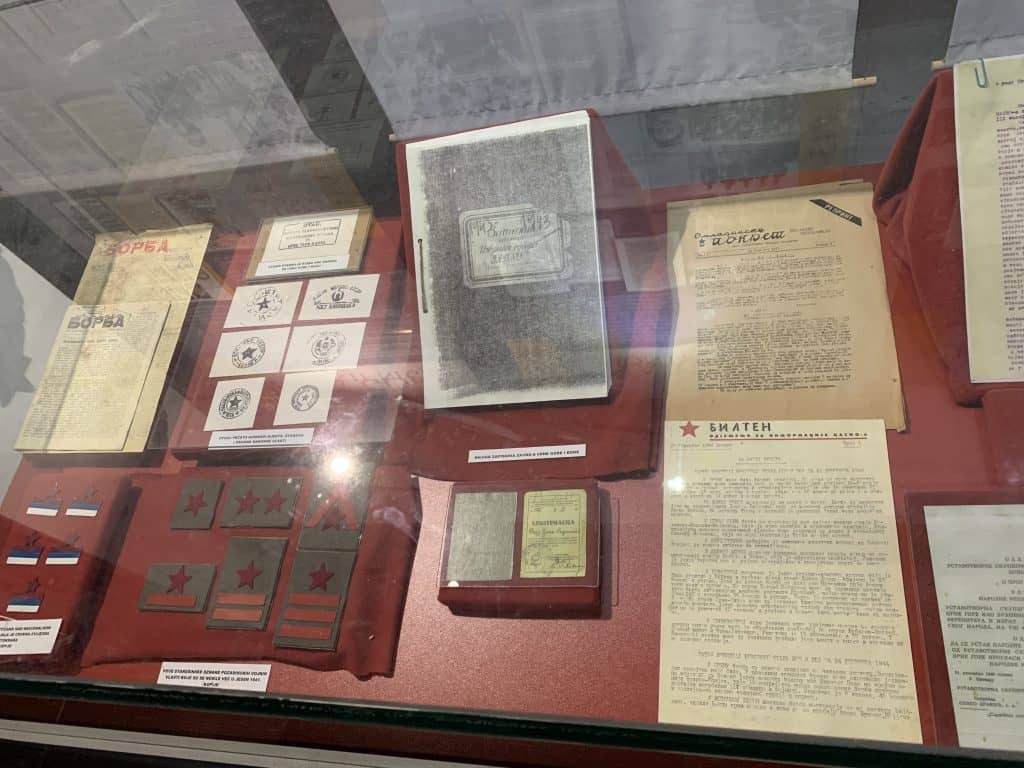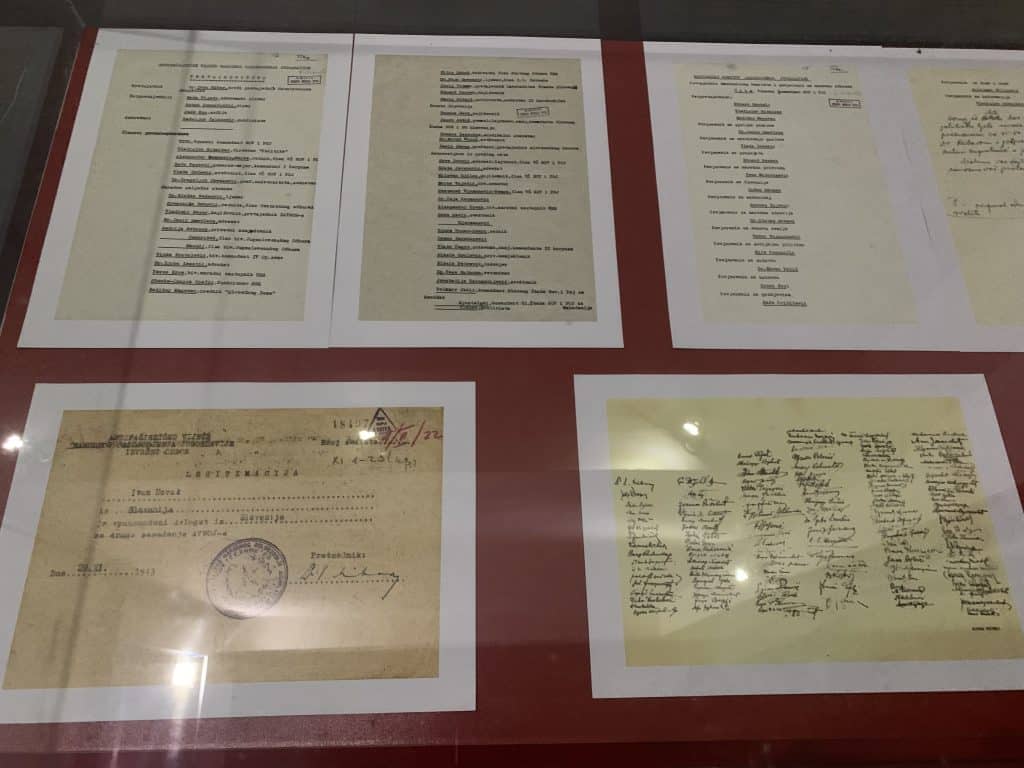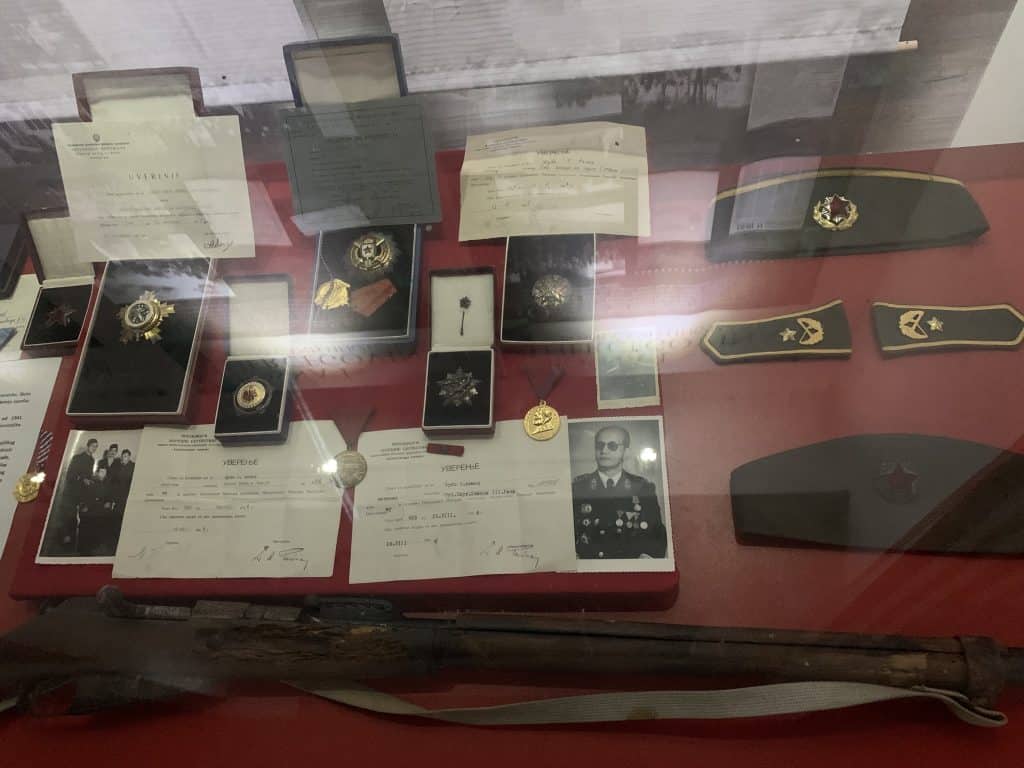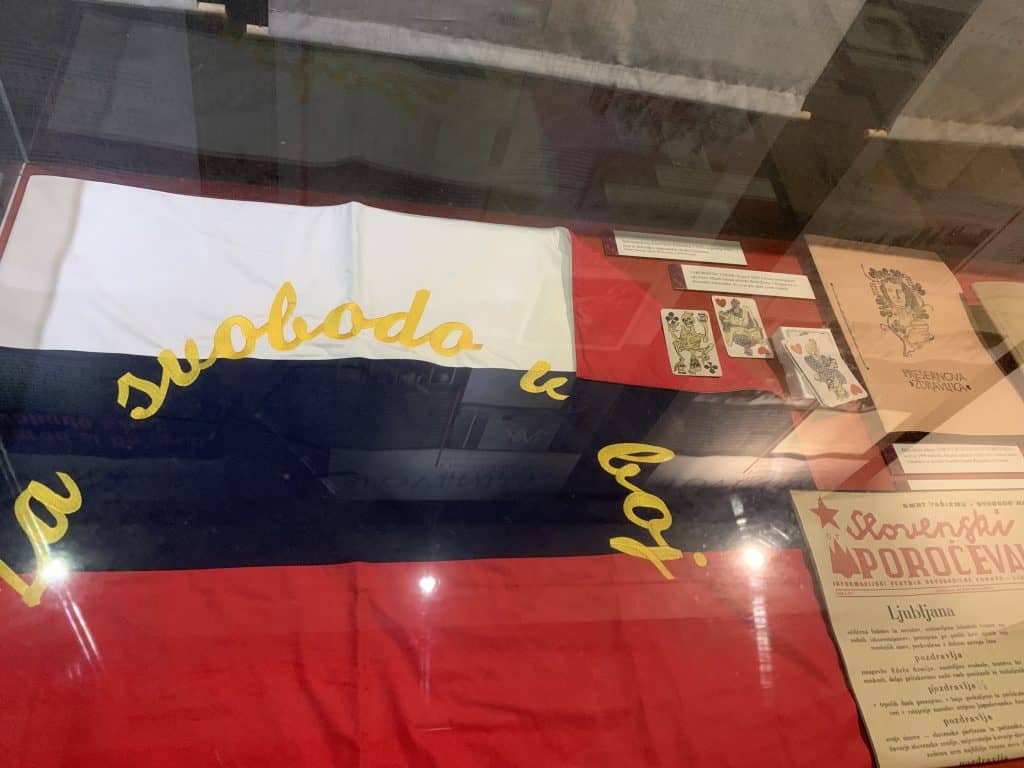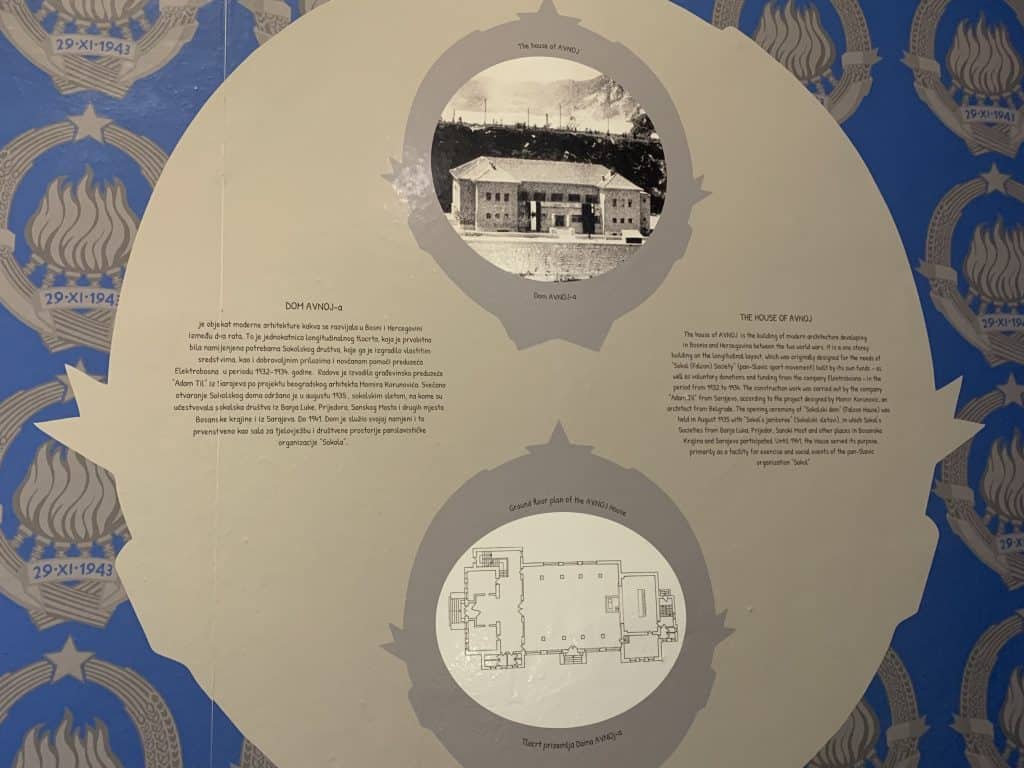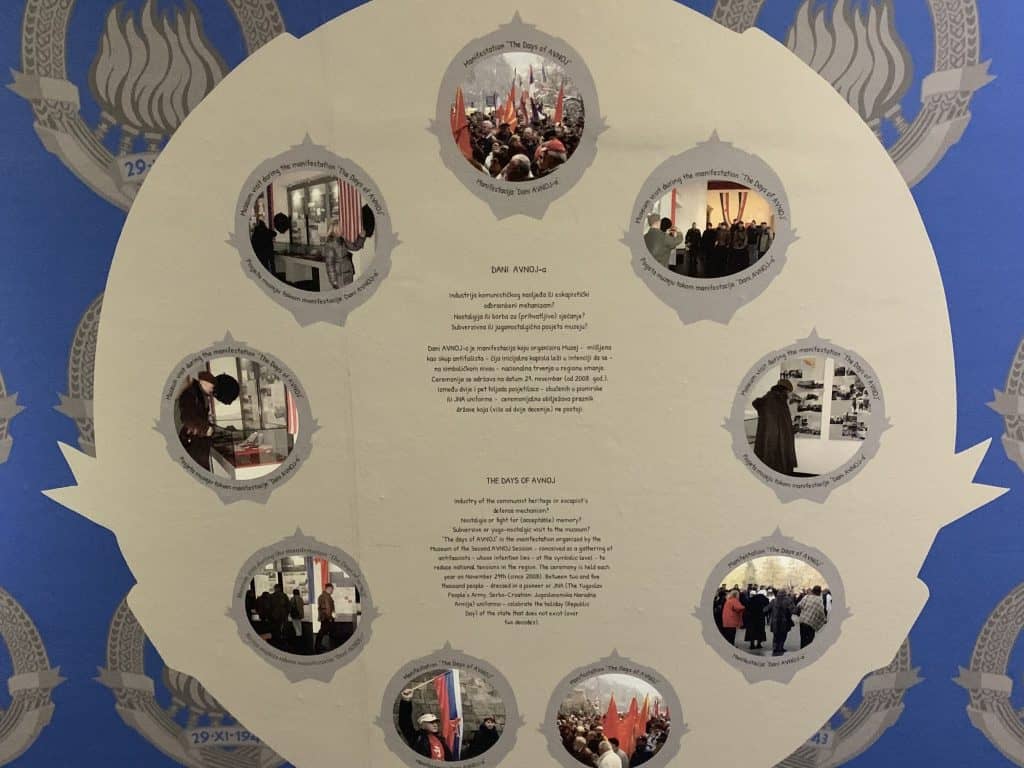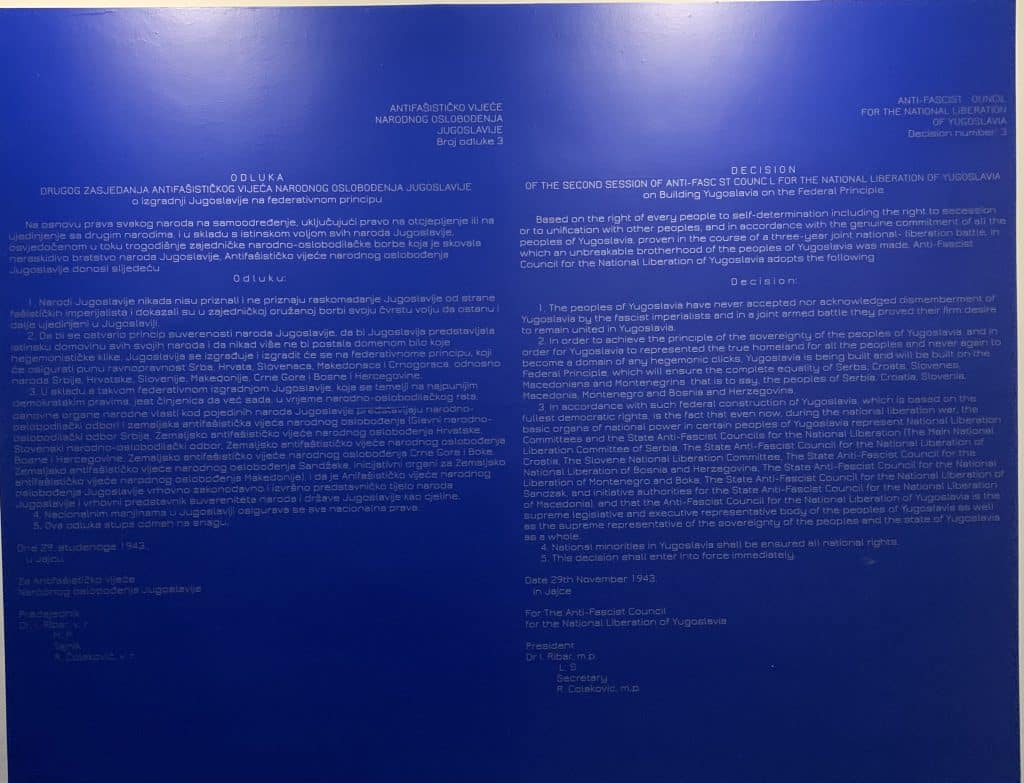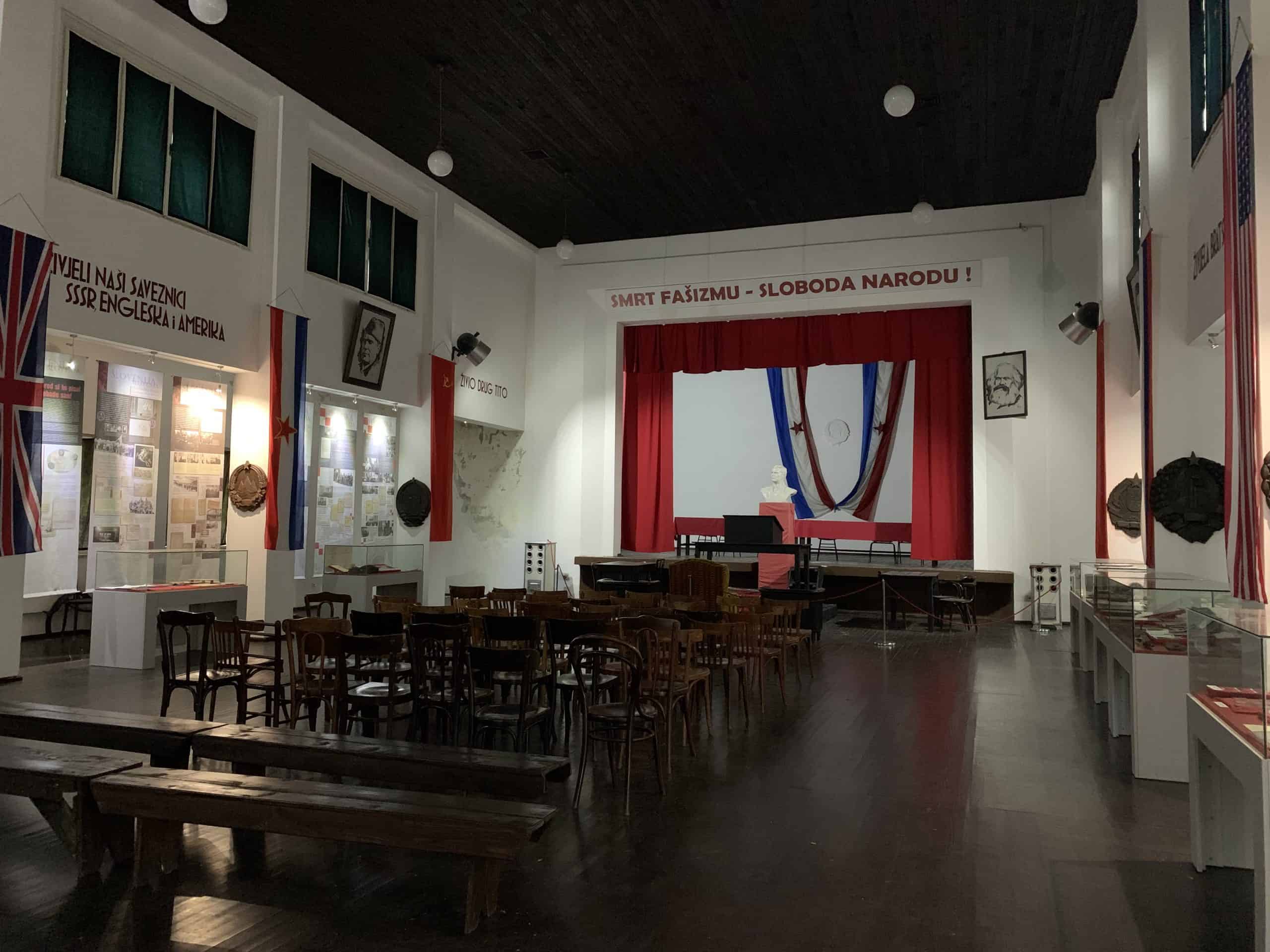
AVNOJ refers to the Anti-Fascist Council for the People’s Liberation of Yugoslavia (Antifašističko vijeće narodnog oslobođenja Jugoslavije).
After the defeat of the Yugoslav army during World War II, Yugoslavia was divided between Germany, Italy, Hungary, Bulgaria and the newly formed Independent State of Croatia.
Opposition to these occupation regimes caused the formation of resistance movements and the Communist Party of Yugoslavia, at the time active clandestinely, assumed the role of the main force of resistance in the Balkan state.
From 21st to 29th November 1943, the second AVNOJ meeting was held in Jajce.
The resolutions of the second AVNOJ meeting were:
- the creation of a federal Yugoslavia, based on the right of self-determination, with which the South Slavic populations of Serbs, Croats, Slovenes, Macedonians and Montenegrins, would live in constituent Republics with equal rights
- the election of a National Committee for the Liberation of Yugoslavia based in Jajce to act as a provisional government
- tito’s appointment as Marshal of Yugoslavia and Prime Minister
- the revocation of the Yugoslav Government in Exile
- the prohibition of the return to the homeland of King Peter II Karadjordjević until a popular referendum is held to decide the status of the monarchy.
Stalin, the Soviet leader, was furious when he discovered that he had not been informed of the November meeting, and forbade Tito to declare the AVNOJ as a provisional government.
The Western Allies, however, were not alarmed, as they knew that the partisans were the only Yugoslav resistance groups actively fighting the Germans.
In December 1943 the United States of America, the United Kingdom and the Soviet Union decided to support the Yugoslav partisans.
